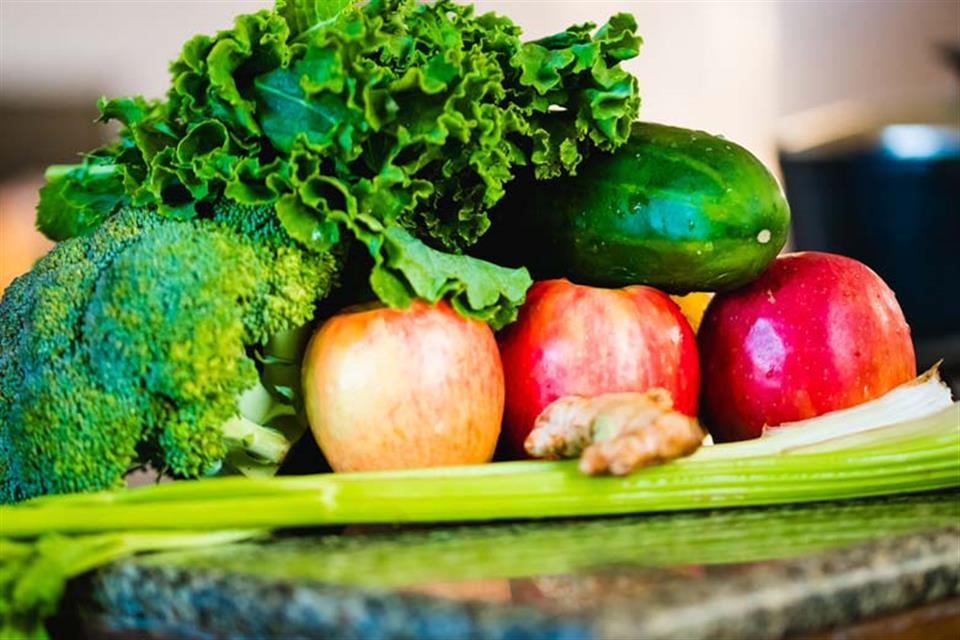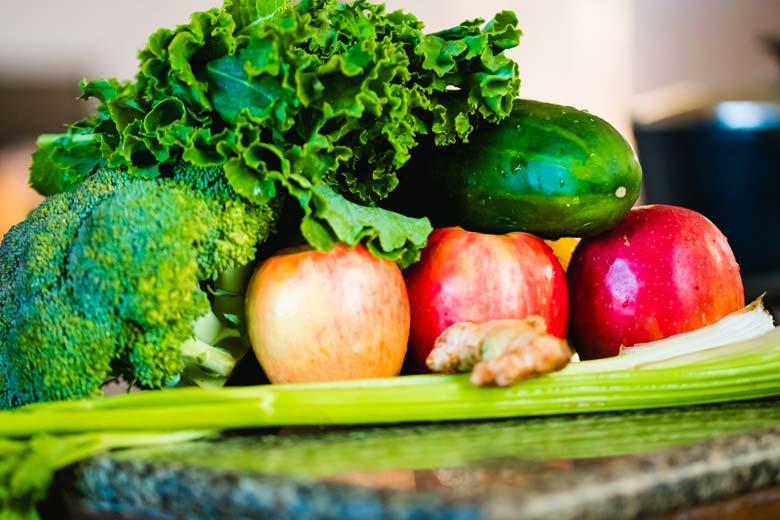17 Ιουν 2019 / Reduce risk through proper nutrition
Following the steps below may reduce the risk of cancer. The guidelines come from a comprehensive, documented review of the American Cancer Research Institute (AICR).
Consume a wide variety of vegetables, fruits, whole grains and beans. At least 2/3 of our dish must be vegetables, fruits, whole grains, beans, nuts. At least 2 ½ portions of non-starchy vegetables and fruits a day. The goal is to eat more vegetables than fruits. Better to choose a variety of colorful vegetables and fruits.
Eat less red meat (such as pork, pork and lamb) and avoid processed meats.
Consume less than 500 grams of red meat a week. Keep in mind that 85 grams of red meat is about the size of a deck of cards.
It is important to limit the processed meats as much as possible. These include cold cuts, ham, salami, hot dogs and other sausages.
Consume less salty foods and foods that are processed with salt. Reduce the daily salt consumption to less than 2.4 grams (1 teaspoon).
Be aware that foods that do not have a salty flavor, such as processed foods in supermarkets like soups, pizzas, luncheon meats, sliced breads, canned foods and various pastries can also contain salt. It is advisable to check the food label for information on the salt content.
Avoid consuming sugar-rich drinks. Sugar-rich drinks include soft drinks, energy drinks, juices, flavored drinks, coffee or tea with added sugar. High-calorie foods (sweets, cakes, pies, biscuits, ice cream, chips and fast foods) usually have added sugar and fat to improve their taste.
Alcohol consumption should be limited to two drinks per day for men and one drink a day for women (a drink is equal to a can of beer, a glass of wine or a glass of whiskey, vodka, etc.).







